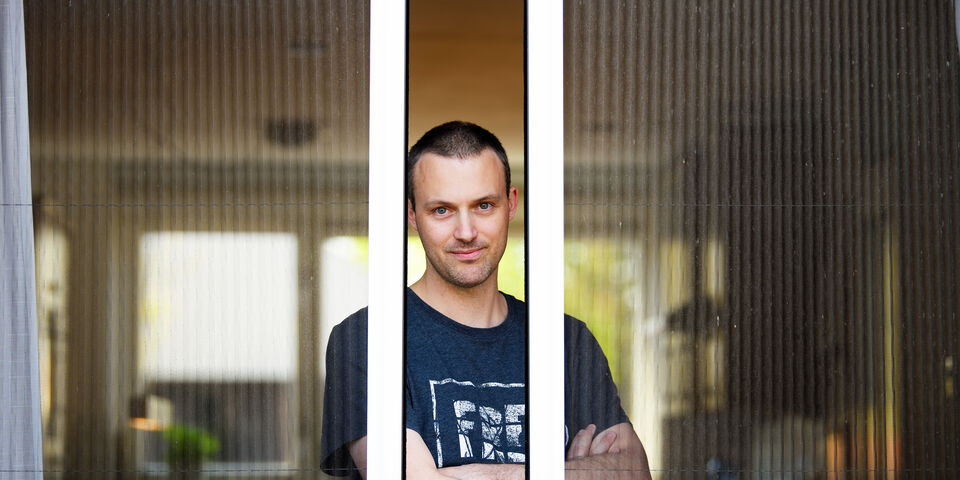Open Day
Last Saturday was the day that, for the first time in 28 years, I attended a TU/e open day as a visitor. Not for myself, but for my son who does not yet know what he wants to study. He had registered for the event and I had promised my wife not to ask any critical questions to the presenters all day. That worked out, I only listened! However, I did not promise to keep my opinions to myself, so here it goes.
Spread throughout the day, we attended several program presentations, a general presentation and a campus tour. The attending students were asking each study program to indicate what kind of jobs you could get after completing your studies in Physics, Mechanical Engineering or Electrical Engineering. And funny enough, they all got the same answer: “You can become anything, because you can compose your entire education yourself. For example, you can work at ASML, or you can become the CEO of a bank or a politician.” Occasionally this answer was accompanied by pictures of famous people who happened to have done that specific study.
While this answer is obviously meant to indicate the width of these study programs the students (and their parents) weren't helped with this answer at all. If you want to be the CEO of a bank you go and study economics and if you want to be a politician, well, the point is clear. So my son and his classmates wondered: what is the real difference between all these programs? And to be honest, I don't know. I did my best to answer them, but I quickly realized that that was exactly what I myself missed at the open day: the signature of the programs.
The focus in all presentations was on activities outside of the study, the enormous freedom of choice within the study and the intensive project-driven education where all disciplines come together. Because of this focus, every program had lost its signature (or at least, the programs I visited). The projects students do within Mechanical Engineering could just as easily be done in Electrical Engineering, or Computer Science. It was fun to watch videos of all these projects, but for pre-university students those videos do not clarify what the program is about. So what makes studying Electrical Engineering different from studying Mechanical Engineering or Physics?
Afterwards, I asked my son what he thought and his answer was clear: no TU/e for him. He had enough of choices and interdisciplinary projects. What appealed to him most was the story of TU Delft, which was also represented at our open day: “At our university, you choose a program which is fixed. At the end of the bachelor you do a minor, but that's it.” By the way, this Delft student was also the only one who did not mention ASML that day.
Boudewijn van Dongen is a professor of Process Analytics at TU/e. The views expressed in this column are his own.


Discussion